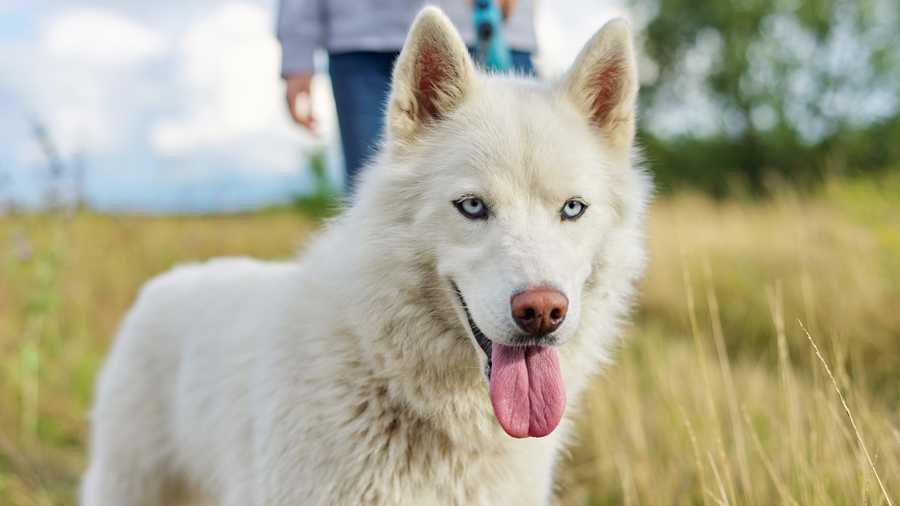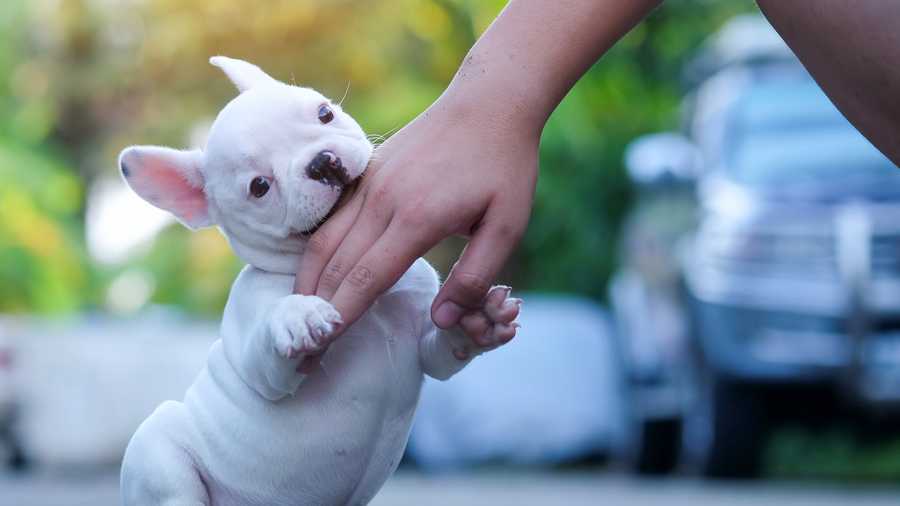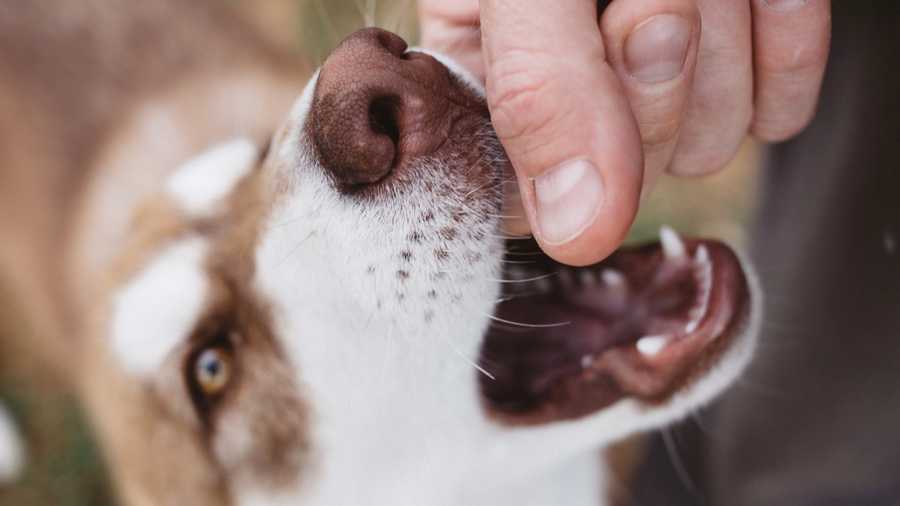Pets:
Pets Blog Posts:
Introducing A New Dog To Resident Animals
Pets -
Transitioning a new dog into a new home and environment takes time and patience to do it right, but there are ways to manage introductions that can help ease the process. Being proactive will be far more helpful and faster in the long run than being reactive. Here are some general ways to help and please note: your new dog may have more specific information and instructions that you should always follow.
Introducing A New Cat To A Resident Dog
Pets -
Once your adopted cat has acclimated to her new home (see the Bringing Home a New Cat article), she's ready to meet the resident dog. As with any introduction (house, people, resident cat), the meeting process should be done slowly, calmly, and with lots of positive reinforcement.
Animal Bites
Pets -
Wild animals usually avoid people. They might attack, however, if they feel threatened, are sick, or are protecting their young or territory. Attacks by pets are more common. Animal bites rarely are life-threatening, but if they become infected, you can develop serious medical problems.
Pets And The Immunocompromised Person
Pets -
Some people with weakened immune systems may be advised to give up their pets to avoid getting diseases from the animals. If you have a weak immune system, having a pet can put you at risk for serious illness from diseases that can spread from animals to humans. Learn what you can do to protect yourself and stay healthy.
Management of Animal Bite Wounds
Pets -
Most (est. 80%) animal bites cause no or only minor injury, which can be adequately managed in the home with cleansing and first aid. However, of the nearly five million dog bites sustained in the U.S. each year, approximately 800,000 dog bite victims seek medical attention for their injuries.
Epidemiology of Animal Bites
Pets -
Animals provide numerous benefits to humans, and interaction with them can enhance both physical and psychological health. However, such interactions are not always benign or without adverse consequence. When threatened, many animals will bite as a defensive behavior. An animal may bite in response to fear or pain, in an attempt to assert dominance, or to protect its territory, food, and offspring.










